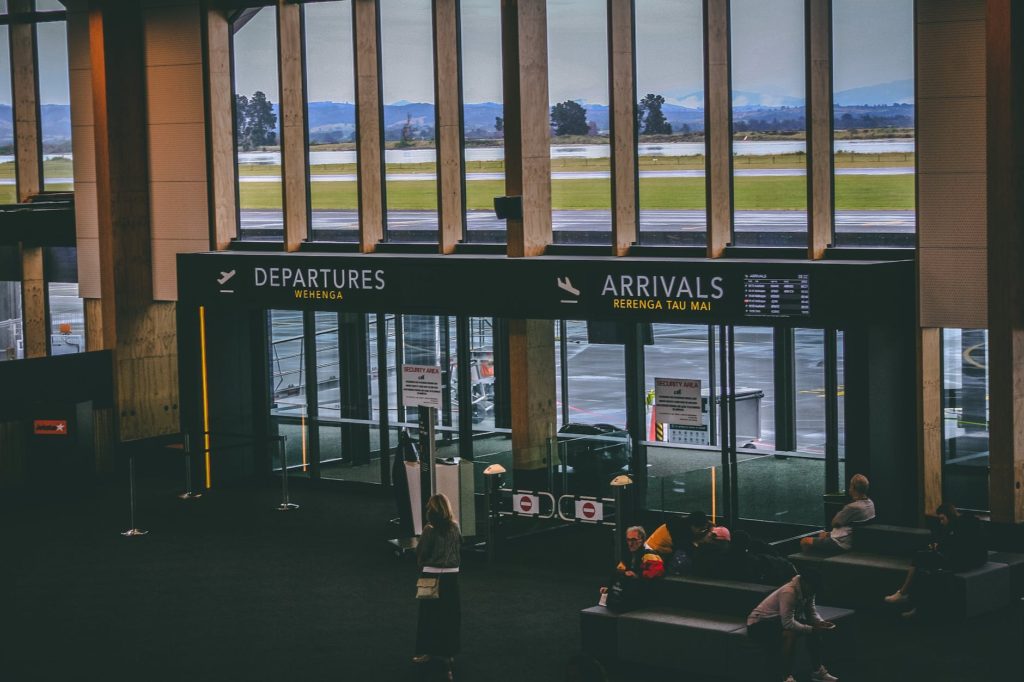Airport Wi-Fi can be one of travelers’ biggest blessings when setting foot in a new location. If you’re traveling to another country, there’s a chance that your phone won’t work there, even through the roaming service. This leaves you with few options to call back home and let people know you arrived safely. One of those options is going to be to connect to the free Wi-Fi that the airport offers and contact your loved ones through an email or one of the popular messaging apps.
Is it safe to connect to airport Wi-Fi, though? We’ve talked about public Wi-Fi in other articles on the site and found through experience and research that it’s safe … until it isn’t. It’s a little bit like trying to figure out if keeping your wallet in your back pocket is safe on the subway system. The person who did it and nothing happened to them will tell you it’s perfectly safe. However, someone who’s been robbed will warn you against that practice profusely.
In this article, we will help you find that middle ground. If you have to use airport Wi-Fi, you could be safer following certain instructions. We’ll also cover the effectiveness of using a VPN. The hope is that by the end of the article, you’ll feel confident using airport Wi-Fi if necessary. In some situations, it may be best to fully avoid the practice. It’s all going to depend on where you travel. Let’s get going, though, to explore whether airport Wi-Fi is safe or not!
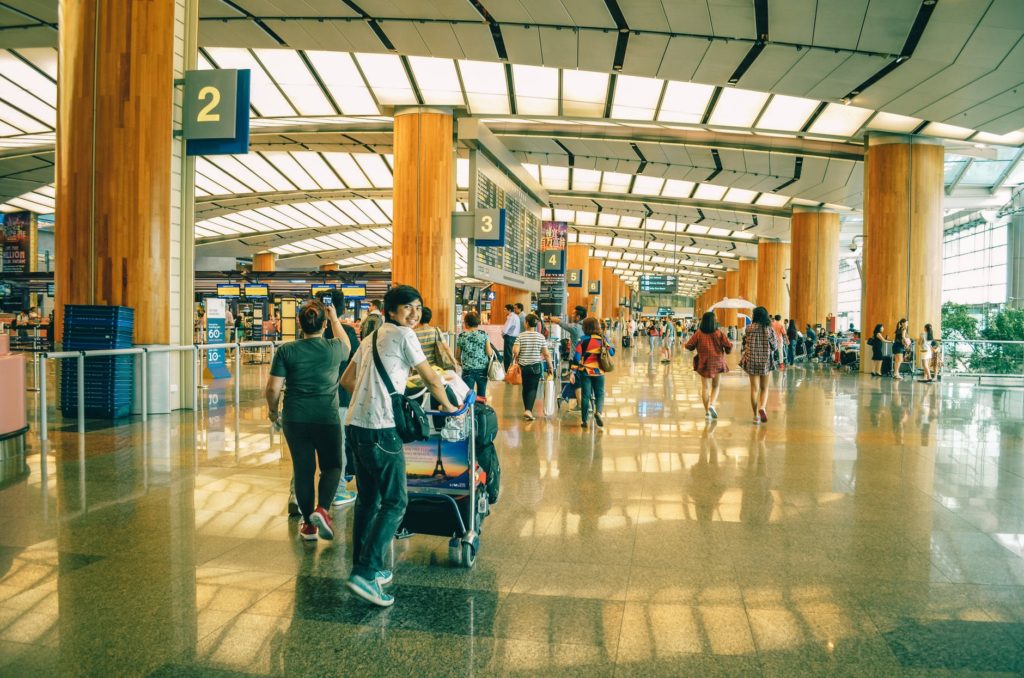
What Bad Things Can Happen If You Connect to Airport Wi-Fi?
We do not want to talk about this to sound the alarm and get everyone off airport Wi-Fi. It’s just that it’s a good idea to know the risks and why you want to avoid them. With that in mind, the first risk is having your data leaked to different malicious companies. Do you ever wonder why you get more spam emails after you use a public Wi-Fi network? This is one of the reasons why.
You may think this is not the worst outcome in the world, and you can deal with a couple more emails in your spam folder. You don’t even check them anyway, right? We could say that’s technically true, but that does increase the chances of you accidentally opening one of these emails that finds its way to your regular inbox. If that happens, you could be looking at a way more serious data breach.
In these situations, people with very bad intentions could end up hacking into your phone and personal accounts. Your bank is probably the worst place that you want people looking. At this point, we’ve seen too many data leak issues in politics not to realize how serious one of these personal data breaches can be.
Emails are not the only place where you can start getting spam. Texts are another now popular platform for scammers. We’ve recently experienced some WhatsApp calls from numbers outside the country with malicious intent. Long story short, you don’t want your data to be in the open. That’s a common side effect of using a public network like the one found at the airport.
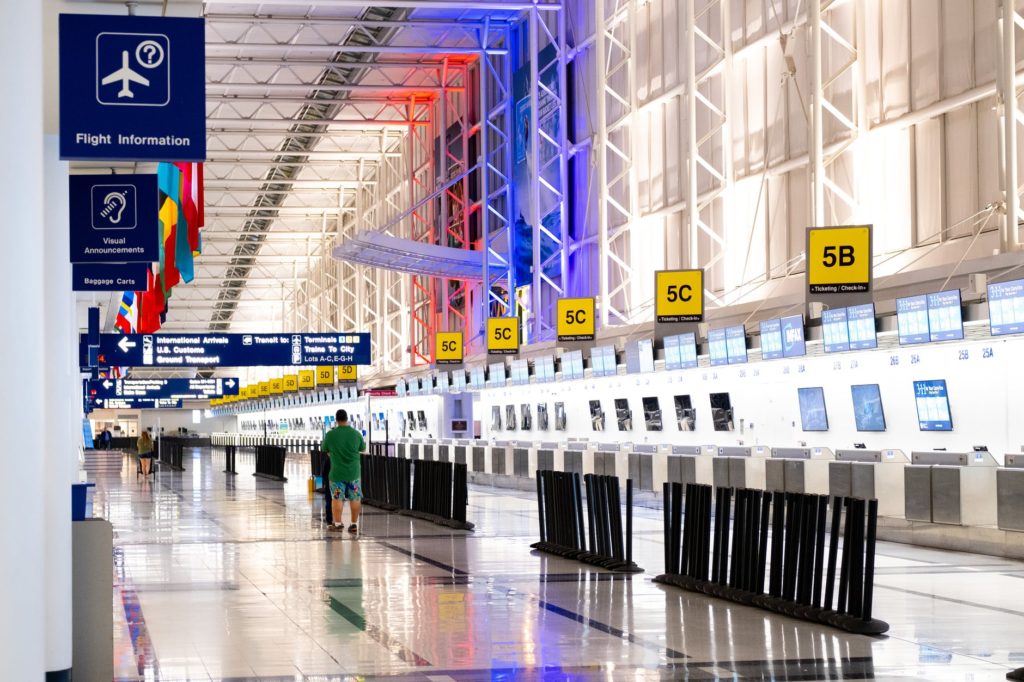
Where You Travel Can Also Increase The Risk
We want to point out two situations here that could increase your risk of being part of a data breach through airport Wi-Fi. If you were a hacker trying to get information from people at an airport, which people’s information would be more valuable to you? The people who are flying business class, of course! Many times, the private lounges are going to feature a private network. At least there’s that extra layer of protection that you’re getting.
Open Wi-Fi networks at airports in New York or London could also be hotbeds for this type of issue. The thinking in this situation is that the people flying out of these airports will have more valuable information than those flying out of Dallas Love Field. No offense to anyone flying out of Love Field, but we think that you get the point.
There are also places where internet safety just isn’t a priority. Are you going to be flying into popular destinations like Mexico City or Cancun in the near future? You probably don’t want to use public Wi-Fi in those places. The same thing can be said for trips to Colombia. The problem with some of these airports, particularly in Mexico, is that they are a federal space. A lot of the funds for cyber safety have been cut significantly. That’s why you have web pages for federal agencies without SSL certificates.
In fact, that’s a good one to keep an eye out for. Where you travel, check federal web pages and see if they have an SSL certificate. In some places, the web pages don’t even open anymore. That’s not to say your entire life will be stolen from your phone if you use the Wi-Fi. It does give you a good sense of how much that country values cyber safety.
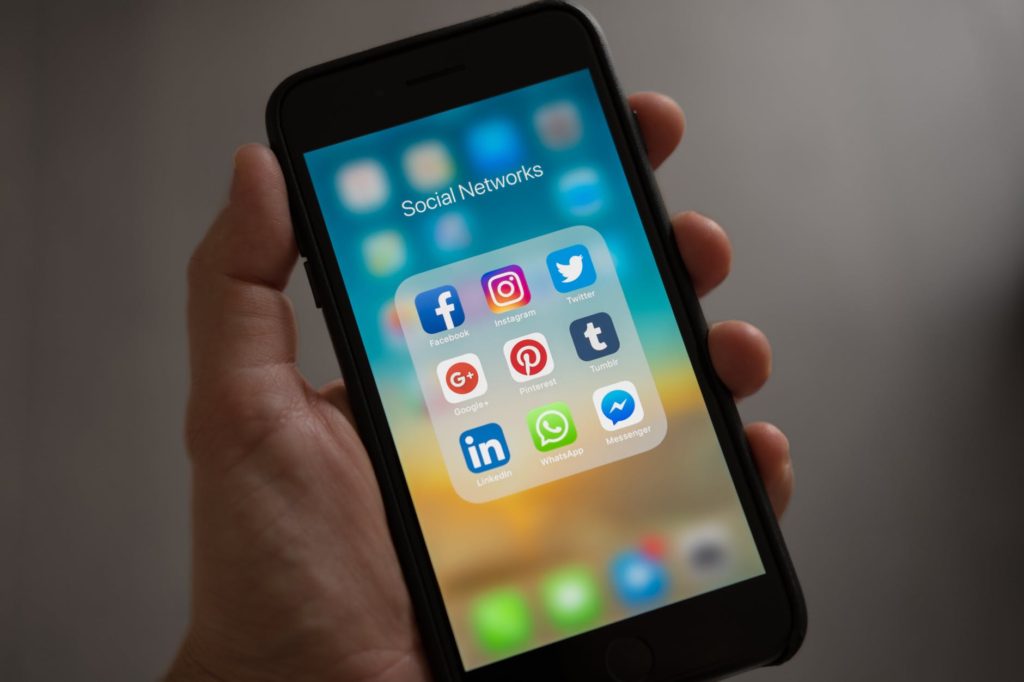
Close Your Apps & Limit Your Data Usage to Encrypted Options
Now that you’ve got a sense of what can happen to you with an open Wi-Fi let’s go with what you can do if its use is inevitable. You’ve arrived in another country and must contact your loved ones. You didn’t follow our tips and downloaded an eSIM from Airalo, shame on you! Anyway, the best thing you can do is close all the apps you normally have open.
Use apps like WhatsApp or Telegram to contact your loved ones. Even email apps are more vulnerable, especially if you’re someone who really shares a ton of important information through your email account. Since communication through apps like WhatsApp is encrypted, tracking your device or anything like that is harder. What you don’t want to do, though, is leave other things open that are using data in the background.
If you’re using data in the background, think about it like a two-way street. The apps that are using data in the background could also be broken into or have data extracted from them. In most cases, as we mentioned, the negative effect of using an open Wi-Fi network is not that someone in a van will be able to hack your phone and turn it evil on you.
The problem is that some of the personal data that could be stored in these apps, like the email app, could find its way into the wrong hands. You want to be using apps that encrypt your data. There are also web browsers that claim to have that ability. That’s something that you could look into. At least go into incognito mode on Chrome!
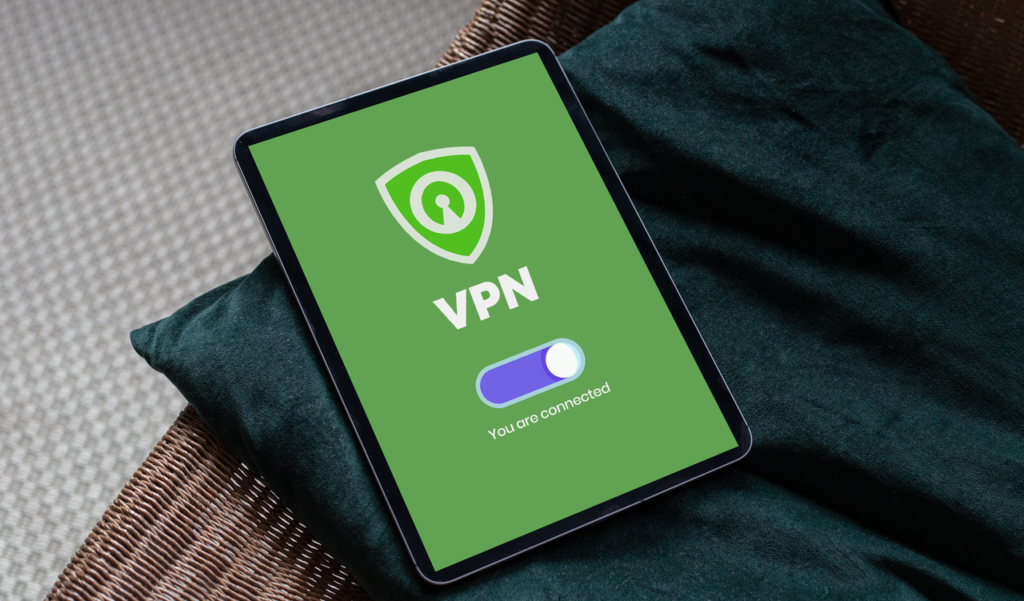
Can A VPN Help?
The short answer is yes, but not all of them. That’s the biggest issue that we see constantly with VPNs. Not all of the options on the market are capable of offering true solutions. We are just talking about the simple solutions that a VPN should be able to provide. Things like allowing you to connect to a network as if you were in another country. We know that this feature is not something that works in all options.
What’s worse is that some companies pose as a VPN front to steal information from their users. In that situation, what’s hurting you is not the public Wi-Fi network. What will be a problem is the VPN app you’re using. We don’t want to get into this too much. If not, it will turn into an article about what VPN to use. There’s just too much information out there for us to justify wanting to throw our hat into that ring.
We will say this, though: if you trust a VPN and know it works because the features allow you to view Netflix from another country (one of the major promises VPNs make), then use that. There’s a good chance that it will, in fact, hide your location. It will make your device unreachable or at least harder to reach. To just wrap things up here, a VPN can help. It just has to be the right one!

How Dangerous Are Wi-Fi Calls On An Open Network?
Two things can make Wi-Fi calls on an open network dangerous. If none of these elements are present, the call should be perfectly safe. The first thing is the app that you’re making the call on. We already discussed that WhatsApp and many other popular messaging apps allow you to make these types of calls and encrypt your data. This is what makes these calls safe.
When you’re using a spotty app, you could put yourself at a higher risk. That’s not all that common anymore, though. There were obviously very high-profile data breaches within Meta. That would make calls through WhatsApp, Facebook, or Instagram dangerous. We’d like to think that most of these issues have been fixed. You shouldn’t be too worried about this situation.
Background data usage while making a call could be one of the biggest troublemakers in our book. What happens is that you’ve got your phone out, and you’re using data to make these calls. All that time that you’re spending on the call, there’s an app that’s open in the background, and that app is the one that gets you in trouble.
The last thing we want to do here is build a sense of paranoia. It is true, though, that certain apps remain active in the background on many phones. If you’re really worried about a potential data breach while you’re traveling, those are the things that we would advise you to be on the lookout for. If you want to be really safe, just delete the apps you don’t feel you can trust for the duration of your trip.

Is Airport Wi-Fi Safe? – Final Thoughts
Our pickpocketer analogy is the best one that we could use to describe this situation. You’ll feel that there are, in fact, no pickpockets in Paris if you go there, and you don’t have an altercation with them. If you go there, though, and you do get robbed, that could ruin your entire vacation. The same thing kind of applies to the use of open Wi-Fi networks, particularly in very crowded places such as airports.
The best thing you can do is take steps to ensure you are safe. Many of the steps you can take are things you may already be used to. That’s one of the benefits of all of this. Before you land, close all of the apps you’re not sure encrypt your data. That can give you peace of mind that when you land, you can stick to the apps you know you can trust. That’s the other issue, though; don’t fall into the habit of opening those other apps. Just go to the ones that you can trust.
People who are really concerned with this potential issue would do well to look for a VPN that can give them that peace of mind that we’re talking about. When you’re really concerned, then just go ahead and delete the apps that you’re not sure about. We don’t think it has to come to this, though. Just be smart with the apps that you use on an open network.
